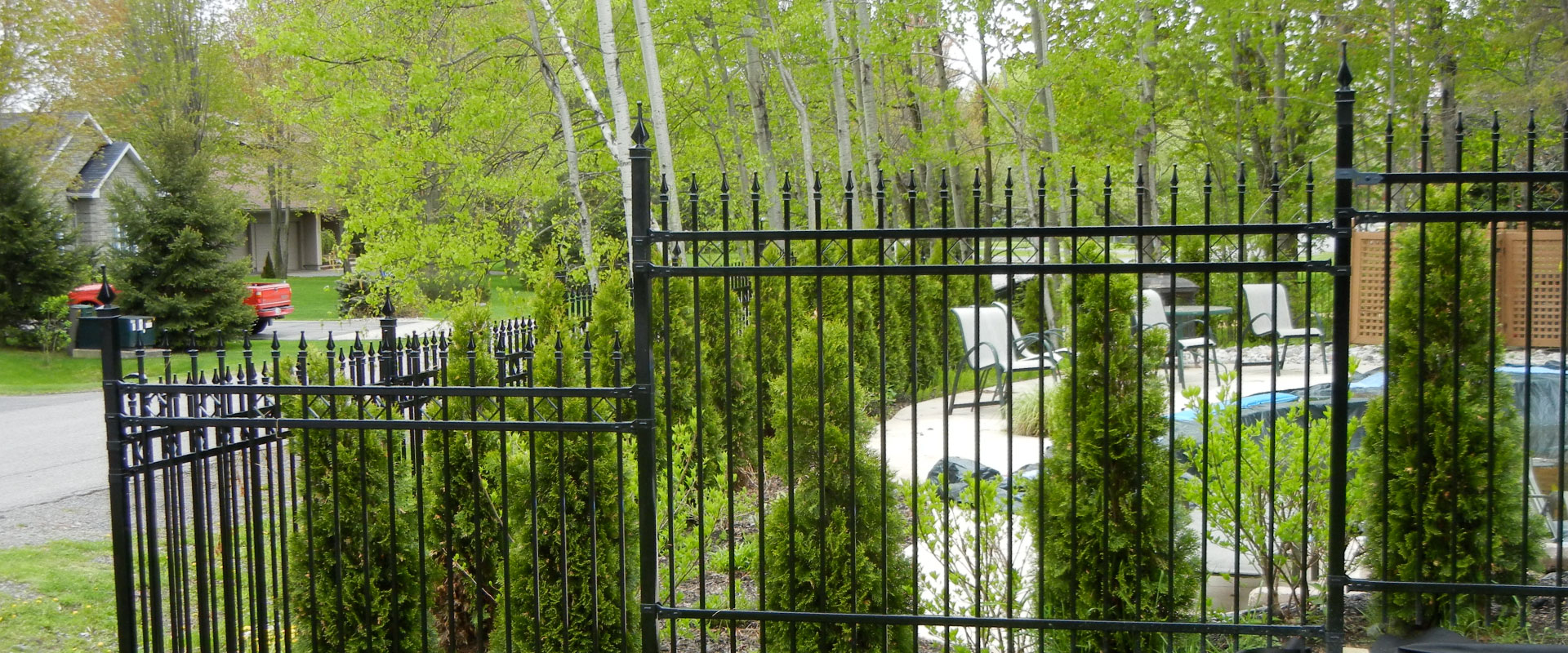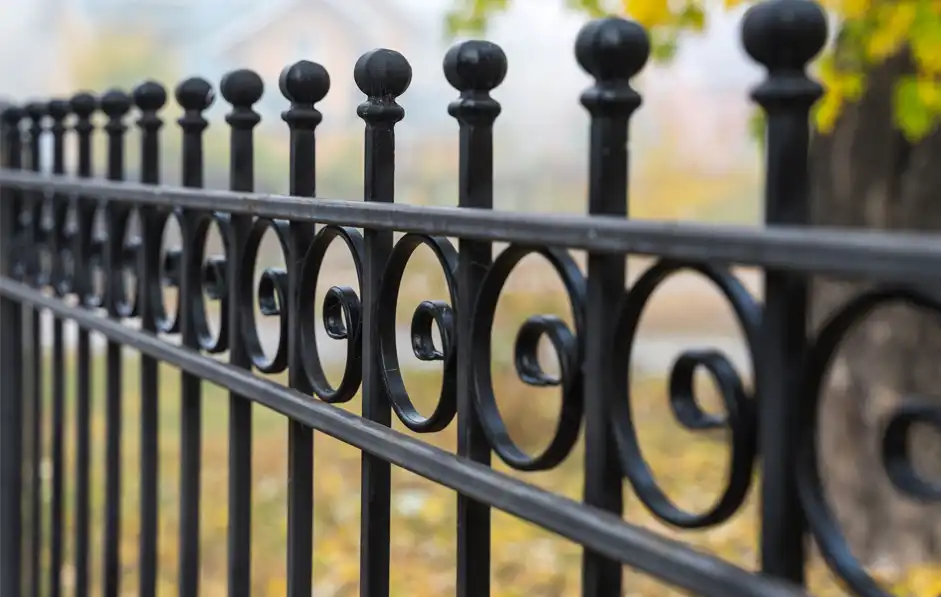All Categories
Featured

When installing a fence, picking the ideal material is vital to balancing capability, aesthetic appeals, and budget. Timber, vinyl, and aluminum are amongst one of the most frequently picked fencing products, each with its toughness and downsides. This overview checks out the advantages and disadvantages of these alternatives to help you make an educated choice.

Wood Secure Fencing. Pros:. Natural Beauty: Timber's timeless charm can boost any property with its cozy and classic look. Adjustable: You can paint, tarnish, or carve wood to fit your design preferences. Budget friendly: Timber secure fencing is initially a lot more affordable contrasted to some other materials. Eco-friendly: As a renewable energy, timber is biodegradable and typically thought about eco-friendly. Disadvantages:. Maintenance-Intensive: Normal sealing, paint, or staining is called for to stop damage from weather condition and bugs. Prone to Decay: Without proper treatment, timber can rot, warp, or split with time. Shorter Life expectancy: Typically, wood fences last 10-15 years, depending on the kind of wood and maintenance. Timber is a terrific alternative for those who value aesthetic appeals and are ready to purchase regular upkeep to preserve its appearance and sturdiness.
Vinyl Fencing. Pros:. Low Maintenance: Plastic needs very little care-- just periodic cleaning with soap and water. Weather condition Resistant: It does not warp, rot, or catch insect damage, making it highly resilient in various climates. Durability: Vinyl fences can last 20-30 years with little to no fixings. Style Variety: Available in a wide variety of designs, colors, and structures, consisting of wood-like looks. Disadvantages:. Greater First Expense: Plastic fencings are more pricey in advance compared to timber. Vulnerability to Cold: In exceptionally winter, vinyl can come to be vulnerable and breakable to fracturing. Minimal Repair Service Options: Matching replacement panels can be challenging if damages occurs. Vinyl secure fencing is optimal for homeowners seeking a lasting, low-maintenance service that provides modern adaptability.

Aluminum Secure Fencing. Pros:. Rust-Proof: Light weight aluminum resists corrosion, making it an outstanding selection for damp or damp environments. Sturdy: Regardless of being lightweight, light weight aluminum is strong and can endure rough weather conditions. Reduced Maintenance: It needs marginal maintenance, typically only periodic cleansing. Long Life expectancy: Aluminum fences can last years without substantial damage. Classy Style: Often used for decorative objectives, light weight aluminum fence adds a smooth, innovative seek to residential or commercial properties. Cons:. High Preliminary Financial investment: Light weight aluminum fences are amongst the more expensive choices on the market. Much less Personal privacy: The open layouts usual with aluminum fence do not offer much privacy. Vulnerable to Damage: While sturdy, light weight aluminum can dent if struck with enough pressure. Aluminum is an outstanding choice for homeowners prioritizing visual appeals and durability without needing much maintenance.
Making Your Choice. When determining between light weight aluminum, plastic, or timber secure fencing, consider your concerns:
Wood suits those who appreciate an all-natural appearance and don't mind placing in upkeep initiative. Vinyl is the ideal option for those seeking a low-maintenance, weather-resistant solution. Light weight aluminum supplies sleek style and resilient toughness yet may lack privacy. By meticulously evaluating these products' features, you can select a fencing that matches your home while fulfilling your functional and aesthetic demands.
Latest Posts
Explore WyHy Federal Credit Union – Low Rates for Members
Published en
1 min read
Discover Montclare Auto Repair’s Leading Auto Repairs and Why Drivers Rely On Them
Published en
1 min read
Explore Your Financial Partner at WyHy – Wyoming’s Best Banking Choice for Your Money Goals
Published en
1 min read
More
Latest Posts
Explore WyHy Federal Credit Union – Low Rates for Members
Published May 28, 25
1 min read
Discover Montclare Auto Repair’s Leading Auto Repairs and Why Drivers Rely On Them
Published May 27, 25
1 min read
Explore Your Financial Partner at WyHy – Wyoming’s Best Banking Choice for Your Money Goals
Published May 24, 25
1 min read